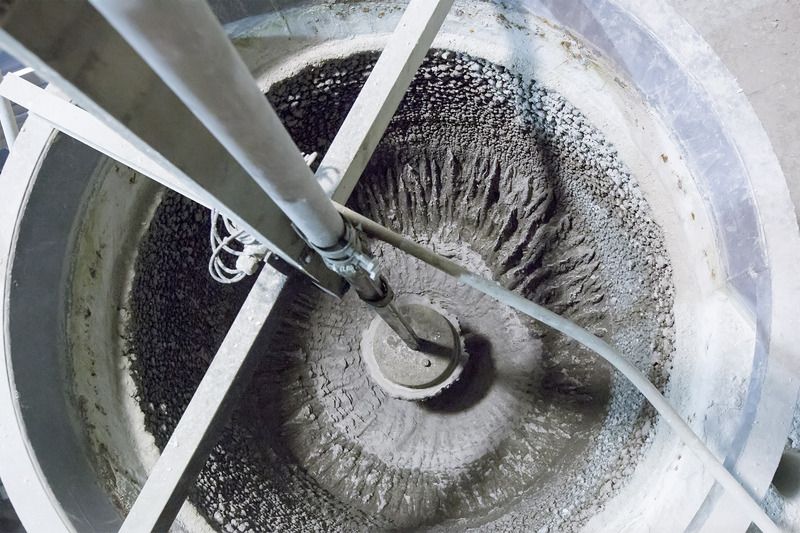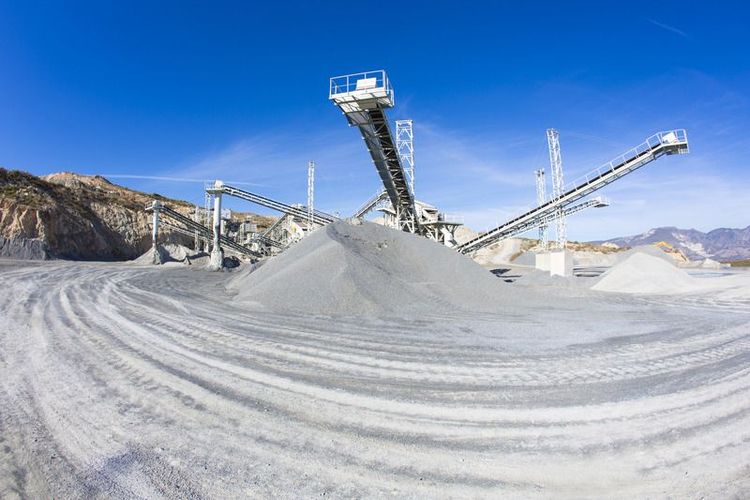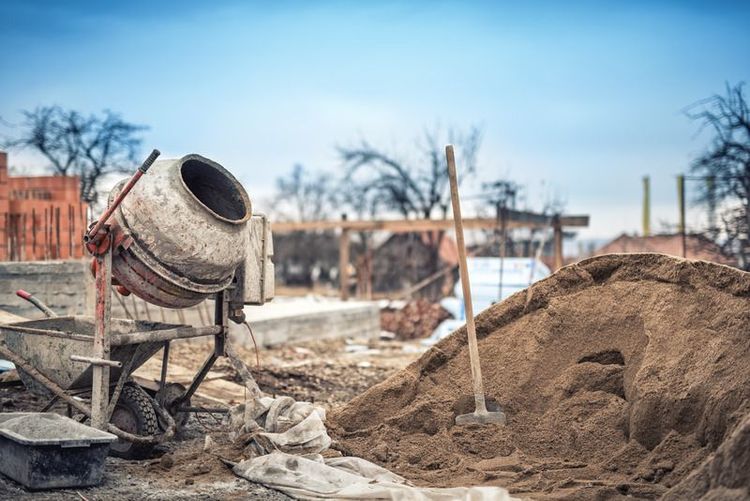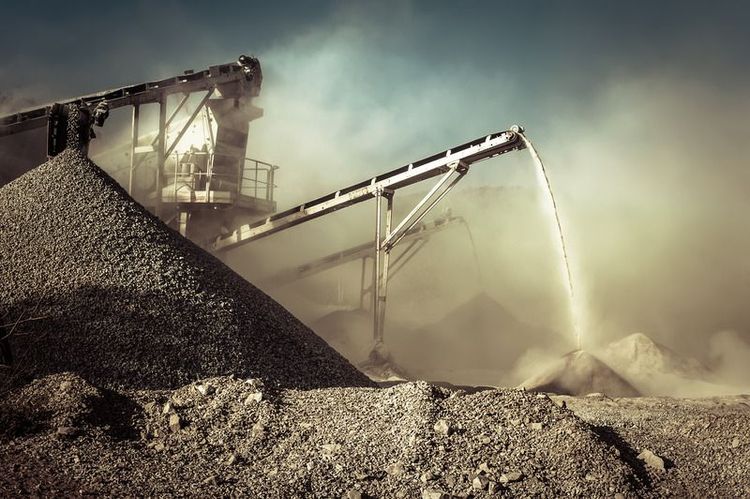Cement, an important construction element, acts as the binding agent for diverse structural components like steel, concrete, and masonry. Among the types available, Portland cement, created by heating a blend of limestone and clay, remains the most prevalent globally and is adaptable to various construction projects. Its variants cater to distinct environmental or strength prerequisites. White cement, with reduced iron and manganese, offering a whitish hue, finds use in architectural and decorative applications, while rapid-hardening cement is better for repairs, road construction, and precast concrete. Additionally, low-heat cement mitigates thermal cracking in substantial structures, like dams and bridges, by reducing heat during hydration. Sulphate-resistant cement, engineered to withstand sulphate assaults, proves invaluable in sulphate-rich settings such as coastal regions or sewage systems. Each cement type finds its niche in specific construction needs, from aesthetics to structural integrity.
What factors determine cement quality and how is it judged?
1. Chemical composition:
Clinker composition: The precise combination of raw materials like limestone, clay, iron ore, and gypsum in the manufacturing process significantly impacts cement quality.
Controlled additives: addition of additives or mineral admixtures to modify cement properties, enhance durability, or cater to specific construction needs.
2. Particle size: the fineness of cement particles affects its hydration rate and strength development. Finer particles usually result in better cement quality and improved workability.
3. Initial and final setting time: these determine the time cement takes to solidify after mixing with water. Precise setting times are crucial for construction schedules.
4. Compressive strength: the ability of concrete cement to withstand pressure before failing is a critical indicator of quality. Higher compressive strength usually signifies better quality cement.







 +91 7208055523
+91 7208055523
 Help & support
Help & support
